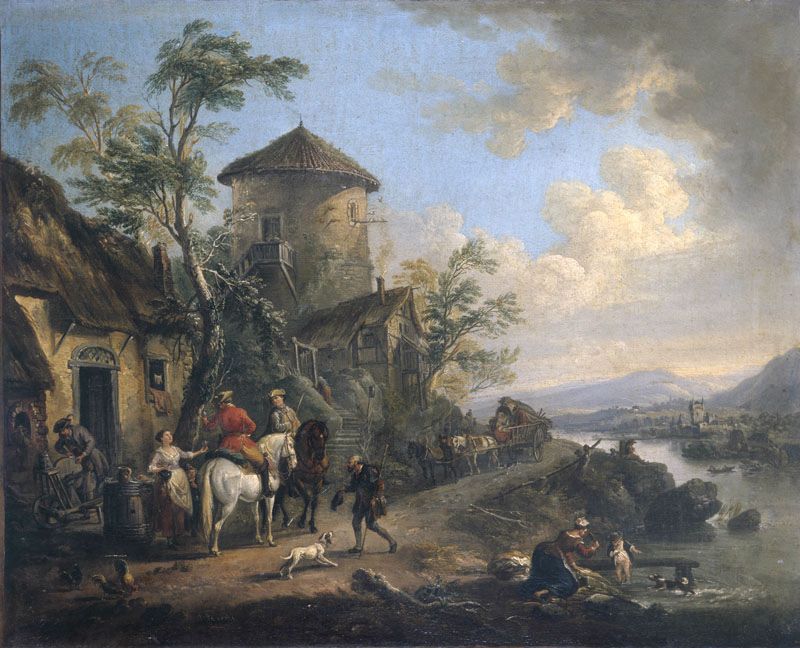
CFP for the "Renewal and Decadence across French Enlightenments" at the 2023 ASECS in Saint Louis, Missouri (USA)
Hanna Roman & Cynthia Laura Vialle-Giancotti are organizing a roundtable at the 2023 ASECS in Saint Louis.
—
Traditional French Enlightenment narratives of progress are too simplistic to capture the period’s relationship to time, history, beginnings and endings, youth and old age. Works from the period, if superficially about progress and reason, betray deeper anxieties ranging from intergenerational relations to the future of humanity and nature.
For instance, Bernardin de Saint-Pierre’s Paul et Virginie conceives an edenic space ripe with promises of renewal, crushed by reactionary ideology. These themes are compounded in works of earth and political history such as Volney’s “Les ruines” and Mercier’s “L’An 2440.” The progress of human civilization is juxtaposed with fear that catastrophe might leave nature and society in ruins. These works convey both a longing for past times, when the earth and humans were new, and a fear of the increasing barbarism of aging nature and humanity. On a more human scale, as Voltaire ages, his praise shifts from rambunctious youth to wiser elders leading the youth to the future–following his role as a maître à penser.
We are interested in how the depictions of these themes across disciplines shed new and diverging lights on Enlightenment studies. Axes of inquiry include: human, animal, natural and geological angle considered in a philosophical, literary, historical, or anthropological context. What kind of role did these fields play in shaping perceptions of aging and ruination? How did they set up a dialectic between youth and old age? Are these ideas Enlightenment constructions, the result of societal, technological and political changes, or have they always existed? What were Enlightenment thinkers’ own perceptions of their youth during their old age, and, more broadly, of their role in the narrative of progress?
The submission has to be done directly on the ASECS portal, but you can find below our contacts for any questions.
Hanna Roman, Dickinson College, romanh@dickinson.edu;
Cynthia Laura Vialle-Giancotti, Stanford University, cinziag@stanford.edu